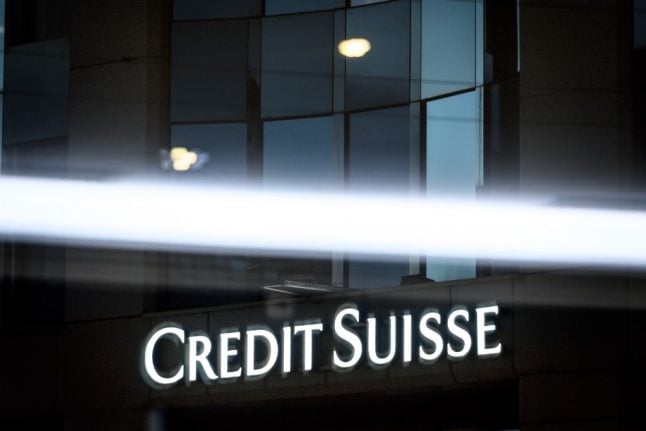“We hope the current debate will turn up the heat,” finance ministry spokesman Martin Jäger told a news briefing.
German Finance Minister Wolfgang Schäuble has long been at the forefront of the worldwide fight against fraud and tax havens.
“We can harness this momentum and express the hope that restrictions will be imposed,” but such practices “cannot be abolished with a simple click of the fingers,” Jäger said.
The meetings of the International Monetary Fund and the World Bank in Washington next week will provide an opportunity to put the issue back on the agenda.
“And we will take the initiative in this direction,” Jäger pledged.
The Panama Papers are a massive leak of 11.5 million documents allegedly exposing the secret offshore dealings of a host of world leaders, celebrities and sports stars, implicating figures from Russian President Vladimir Putin to Barcelona striker Lionel Messi.
An investigation by more than 100 media groups, described as one of the largest such probes in history, revealed the hidden offshore assets of around 140 political figures.
The vast stash of records was obtained from an anonymous source by German daily Süddeutsche Zeitung and shared with media worldwide by the International Consortium of Investigative Journalists (ICIJ).
The documents, from around 214,000 offshore entities covering almost 40 years, came from Mossack Fonseca, a Panama-based law firm with offices in more than 35 countries.
Closing the loopholes
Schäuble has spearheaded calls in recent years for increased international coordination to curb tax evasion and money laundering.
“We have made more progress in the past three years than in the previous three decades,” his spokesman Jäger said.
It was important to limit or close the loopholes still further and Schäuble's aim was to pursue that with great tenacity, he said.
“It is not by chance that we're already in talks with Panama.”
There were some countries in the world where “a lot of energy” was expended on enabling companies and wealthy individuals to get round the rules.
“But at the end of the day, these countries must understand that the models they choose have no future,” Jäger said.
Two German banks named in media reports as allegedly helping world leaders and celebrities hide money in offshore accounts denied any wrongdoing in the affair.
Deutsche Bank said in an emailed statement it had “enhanced” its procedures for taking on new clients “and verifying with whom we are doing business, and our policies, procedures and systems are designed to ensure that we comply with all applicable rules and regulations”.
A spokesman for Hamburg-based Berenberg Bank said the group's Swiss arm, Berenberg Bank (Schweiz) AG, “like many other banks, operates accounts for offshore companies”.
But these were all in line with legal regulations
A spokesman for the bank said its compliance procedures “are regularly reviewed by independent external auditors to ensure they are effective”.



 Please whitelist us to continue reading.
Please whitelist us to continue reading.
Member comments